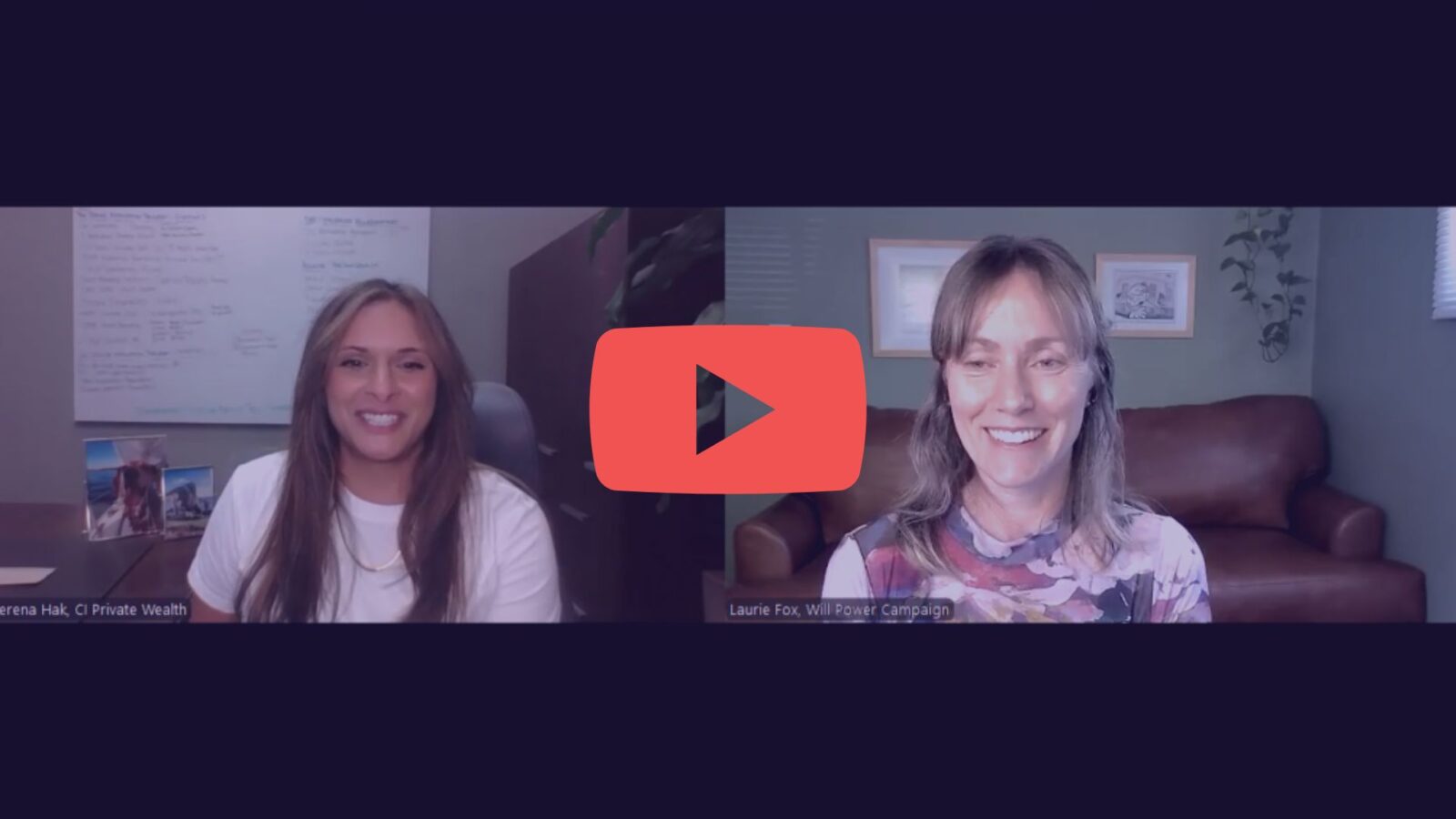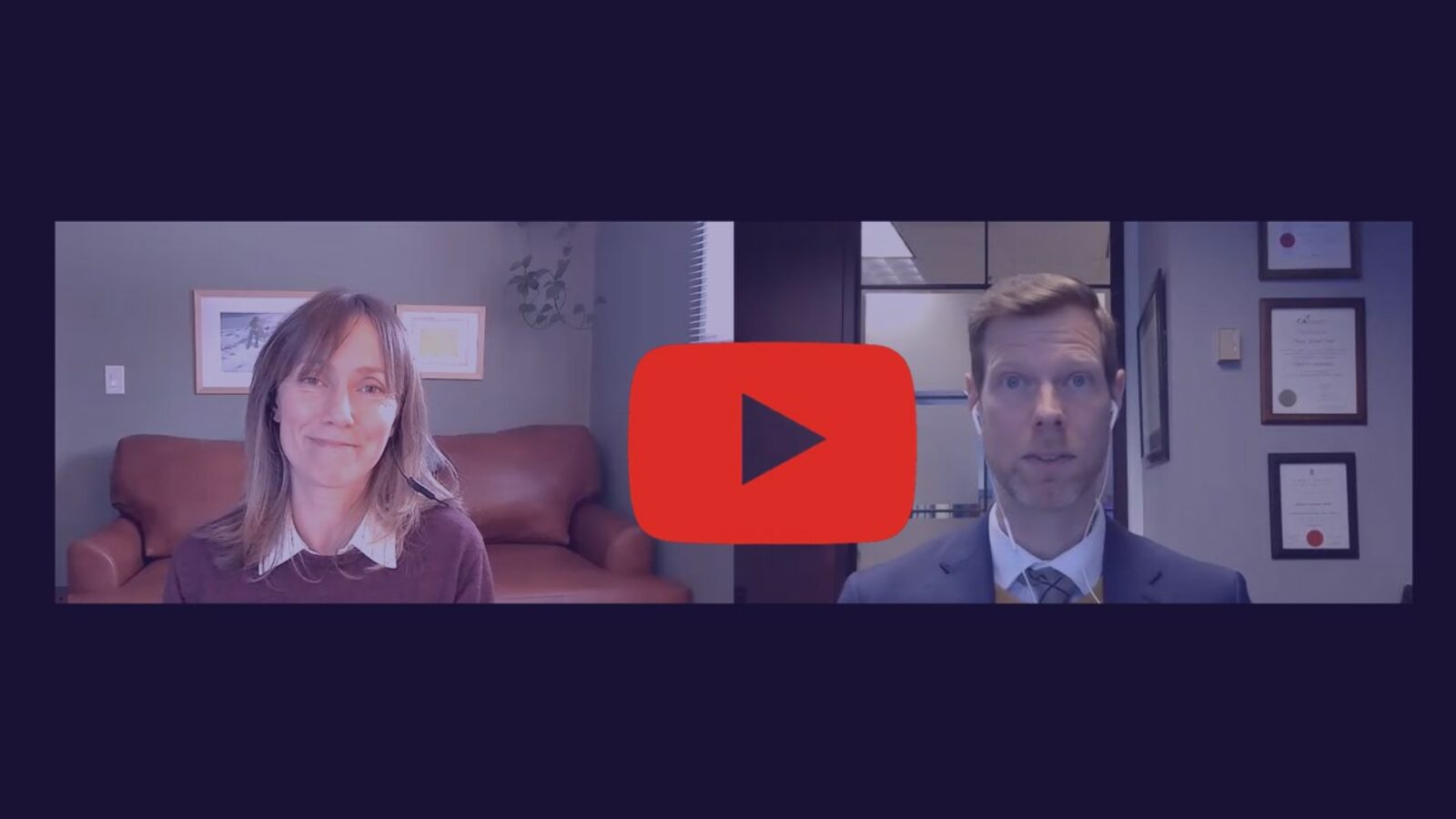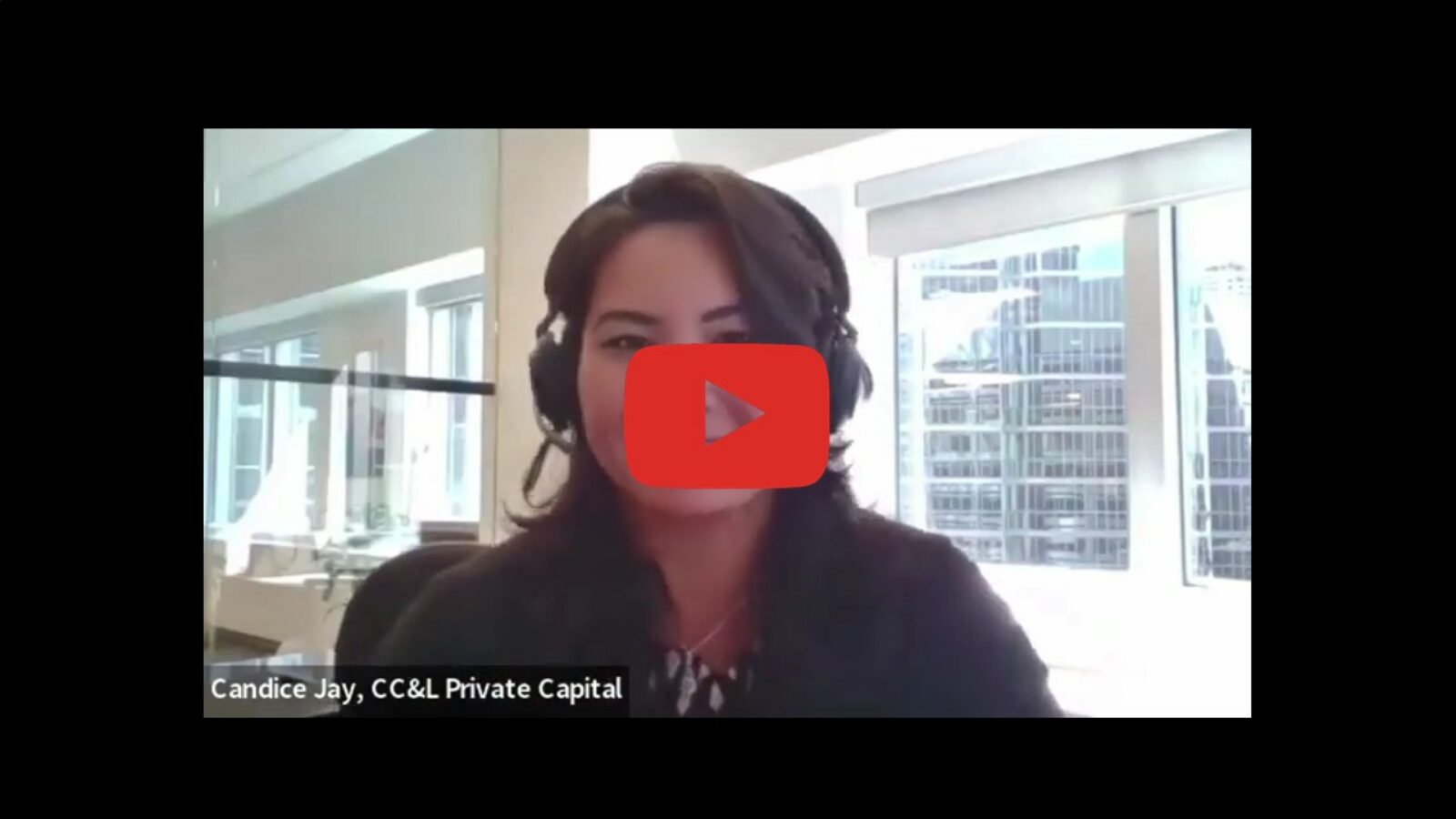
One of the most frequent questions people have about including a charity in their Will, is how to get the most out their donation from a financial point of view. Will Power was lucky enough to sit down with Ross Young, a Chartered Accountant and Certified Financial Planner, and owner of Calgary-based ICP Planning, to hear about some common financial strategies. As a specialist in tax, estate and philanthropic planning, Ross had plenty of insights to share when it comes to maximizing charitable gifts in Wills while still taking care of loved ones.
Will Power: I would like to give more to the causes I care about. What are some of the most recommended ways to give through my estate?
Ross: There are so many options for giving to charities through your estate. People most commonly leave what’s called a bequest, which is simply an instruction in your Will to leave a donation to charity. This can be a specific amount of money, a percentage of your estate, or a residual (meaning whatever is left after other beneficiaries’ shares). I always look for ways my clients can make their donation and save money on taxes. One of the best ways to do this is to leave a gift of stocks, since donating stocks eliminates tax on any capital gains and provides the estate a charitable tax receipt. Another creative way to really magnify the size of your donation is to leave a gift of life insurance, which provides a charitable tax receipt for what could be a significant payout. The easiest way to do this is by simply naming the charity as a beneficiary on a new or existing life insurance policy.
Will Power: Will an estate gift cut into the money I need to live on now, and into retirement?
Ross: Estate gifts are only given after you pass away. They are made from whatever is left in your estate, so do not affect the money you need to live on now or in retirement. Clients are often surprised to see how much they will have left in their estate, when all their assets are realized. Giving even a small portion of that to charity could lead to a big donation to the causes you care about, while still supporting family. It’s a brilliant way to give that more people should consider.
Will Power: How do I make sure there is enough of my estate left to take care of my loved ones?
Ross: The amount of money you leave your loved ones is entirely up to you. I’ve seen situations where clients left 10% of their estate to charity and 90% to their loved ones – and the charitable gift was still sizeable. Now, if you have specific amounts you want to leave to your family and friends, you can name your favorite charity as a residual beneficiary. This means the gifts that go to family and friends will be made first, and, if there is additional money left over, that can go to charity.
Making a gift to charity in your Will can also reduce the amount of tax your estate pays to CRA. In other words, you can use more of your Will to support family, friends, and your favourite charities instead of the government.
Will Power: What is the most efficient way to maximize both my gift to charity and tax benefits?
Ross: The most efficient way will really depend on your individual circumstances. Those who are likely to owe a lot of taxes when they pass (because they own a company, or have large RRIF balances for example) may do best leaving a gift of life insurance or RRIFs through their estate. High income earners may find it easiest to donate a new insurance policy today, make premium payments for say 10 years, and receive the charitable tax benefits now while their income is high. Individuals with stocks that have appreciated considerably over time may want to consider donating them to eliminate the tax payable and receive a charitable tax receipt.
Each situation is unique, which is why it is important to work with trusted advisors who are familiar with your situation and how the charitable tax system works.
If you have any questions on any of this, or would like to discuss your estate, please get in touch: [email protected]
Topic: Financial Tips




